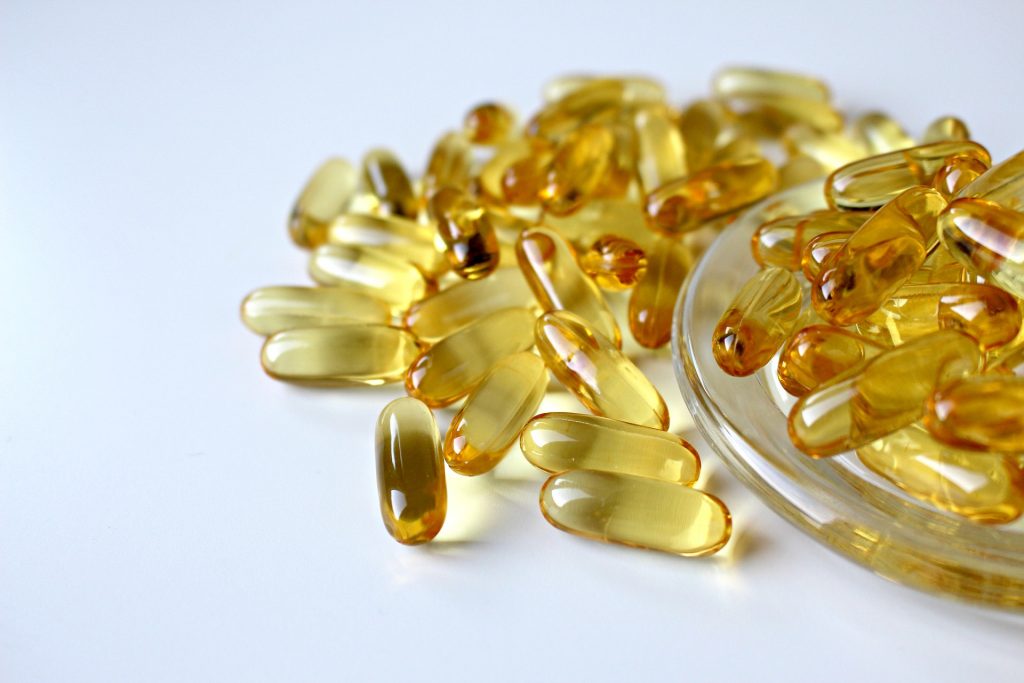 Many aspects of nutrition are described as controversial. In scientific parlance, this means that evidence is divided and could be used to support a number of different and opposing conclusions regarding a particular aspect of nutritional science. Such controversy is real, but often it is overlooked that the reason for the controversy is that methodological flaws and oversights, as well as a lack of understanding regarding the science of a particular nutrient or herb, lead to negative findings. As an analogy, think of a man looking for a ship on the horizon with a telescope. ‘I see no ships’ he states. But the methodological flaw is that he is using his blind eye to look for the ships. If another man sees the ships, because he uses his seeing eye, this is not controversial. It is simply poor methodological application by one of the men. Many such controversies in nutritional science are similar, in that negative findings are often taken out of context and their importance magnified for no good reason.
Many aspects of nutrition are described as controversial. In scientific parlance, this means that evidence is divided and could be used to support a number of different and opposing conclusions regarding a particular aspect of nutritional science. Such controversy is real, but often it is overlooked that the reason for the controversy is that methodological flaws and oversights, as well as a lack of understanding regarding the science of a particular nutrient or herb, lead to negative findings. As an analogy, think of a man looking for a ship on the horizon with a telescope. ‘I see no ships’ he states. But the methodological flaw is that he is using his blind eye to look for the ships. If another man sees the ships, because he uses his seeing eye, this is not controversial. It is simply poor methodological application by one of the men. Many such controversies in nutritional science are similar, in that negative findings are often taken out of context and their importance magnified for no good reason.
An example of such a controversy is the use of fish oil supplements containing docosahexaenoic acid (DHA, C22: 6 (n-3)) during pregnancy. The DHA in fish oils can feed into the omega-3 pathways and in this way can be used as a source of essential omega-3 fats in the absence of the dietary essential fat alpha linolenic acid (ALA, C18: 3 (n-3)). In addition, DHA may have a number of properties not associated with consumption of other omega-3 fatty acids, and in particular may improve neuronal development in infants. That some studies have found no effects for DHA supplementation on infant development during pregnancy and breastfeeding does not mean that the effects do not exist. Firstly, the measure of cognitive development in the child has to be sensitive enough to allow such changes to be measurable. Secondly, the mother must be deficient in DHA in order for supplements to have a beneficial effect. These two aspects of methodological design are often overlooked.

Fish oils contain docosahexaenoic acid (DHA) which may have beneficial cognitive effects. Some evidence suggests that DHA supplements are beneficial to the cognitive and neuronal development of infants during breastfeeding, and to the growing foetus during pregnancy, if consumed by the mother.
Clearly if a mother who has adequate DHA in her diet is given supplements of DHA, the effects of the additional DHA will at best be benign, and at worst actually have a detrimental effect. Then if the cognitive tests used by the researchers to assess the effects of the DHA are inappropriate in that they measure an aspect of development that is not improved by DHA supplements, or that they are not sensitive enough to measure the changes, there will clearly be a negative result in the findings. That does not mean that DHA is not a useful supplement or that it has beneficial effects in growing infants. Many similar methodological problems exist with other studies that have attempted to increase understanding of the effects of supplements, in that the researchers have either knowingly or unknowingly not understood and applied the supplement in a way that it would have an effect, or chosen to test the effects of the supplements with inappropriate tests, or tests lacking sensitivity.
Eat Well, Stay Healthy, Protect Yourself
RdB
